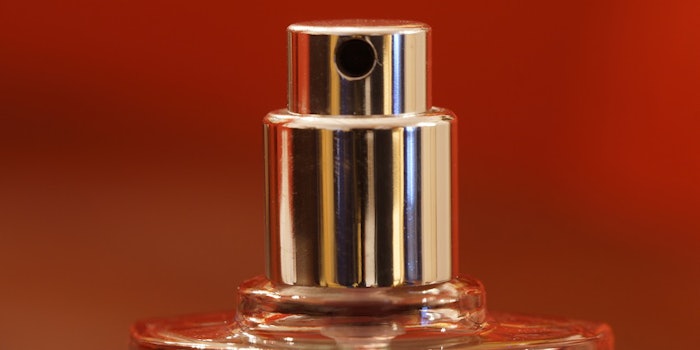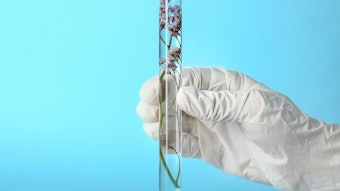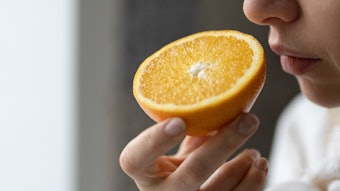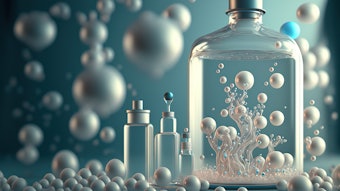
Though we often think of cars as the number one polluters, a recent study suggests that household cleaners, perfumes, paints and pesticides might actually be on-par with them.
"As transportation gets cleaner, those other sources become more and more important," said NOAA atmospheric scientist Jessica Gilman, a co-author of the new paper. "The stuff we use in our everyday lives can impact air pollution."
In the Air
Per the study published in Science, NOAA researchers focused on volatile organic compounds (VOCs) and how they impact our atmosphere. Led by Brian McDonald, a CIRES scientist working in NOAA's chemical sciences division, the team reassessed air pollution sources by looking at chemical production statistics from industries and regulatory agencies. Then, the team measured atmospheric chemicals in Los Angeles and evaluated indoor air quality.
The scientists concluded that in the U.S., the number of VOCs emitted by consumer and industrial products is actually two to three times greater than estimated by current air pollution inventories. Past Environmental Protection Agency estimates attributed air pollution to 75% of fossil VOC emissions and 25% from chemical products. The new study suggests that they are closer to a 50-50 split.
Reason for Change
The study also highlighted the main reason for the change in air pollutants was due to an increase in cleaner transportation (lowering fossil fuel pollutants) and the nature of fragranced products. Where gasoline VOCs are burned for energy, VOCs in fragranced products are designed to evaporate and enter the atmosphere directly. So even though fragranced products might not be attributing more to air pollution than they did in the past, the lesser impact of fossil fuels has increased its presence.
"Gasoline is stored in closed, hopefully airtight, containers and the VOCs in gasoline are burned for energy," said Gilman. "But volatile chemical products used in common solvents and personal care products are literally designed to evaporate. You wear perfume or use scented products so that you or your neighbor can enjoy the aroma. You don't do this with gasoline."










